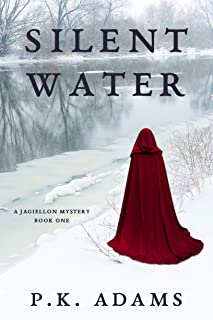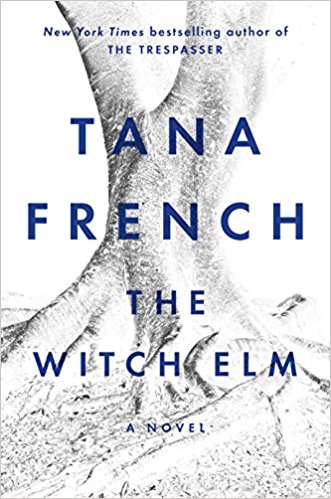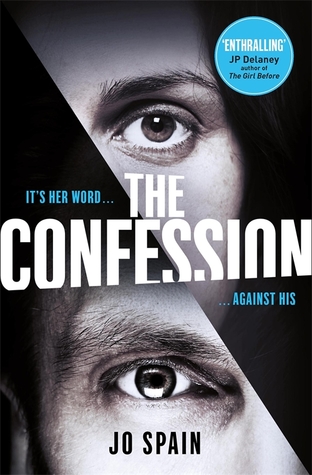5 Stars
The Witch Elm, a psychological suspense novel set in Ireland, upturns its author’s preoccupation with how the Dublin Murder Squad nabs a killer; instead, it focuses on a shallow, self-absorbed young man, who comes to believe himself guilty of murder—and the evil he inflicts when slammed with that knowledge. Like a feral cat toying with food, Tana French reveals all the little deceits and treacheries that build on one another to produce a corpse rotting in an elm tree.
Toby Hennessy views himself as a lucky man. He was born to wealthy, Anglo-Irish parents, is good-looking, did well in school, and has spent his childhood summers playing with his cousins, Susanna and Leon, in Elm House, their Uncle Hugo’s expansive home. Now in his late 20’s, he has a flashy job in a Dublin art gallery, a BMW and a gold watch, and an apartment that his parents helped buy. He’s also dating Melissa, a sweet woman whose nurturing nature serves him well when he is grievously injured during a burglary.
Struggling with a droopy eyelid, a faulty memory, and a bad limp, Toby returns to Elm House to nurse both himself and Uncle Hugo, who is dying from brain cancer. For a few weeks, he enjoys a rebirth of the golden summers of his childhood, helping Uncle Hugo with his genealogical research, healing, and reconnecting with Susanna and Leon, who had—for reasons unremarked by him—broken off their friendship years earlier.
The idyll ends when a playing child makes a gruesome discovery: a skeleton stuffed inside an elm tree in Uncle Hugo’s back garden. The police investigate and quickly determine that the body is not some random victim of Ireland’s civil war, but Dominic Ganly, a teenager who was thought to have committed suicide ten years earlier.
Like a garrote squeezing a bully’s neck, the police zero in on Toby; out of self-interest, he had failed to confide in them a disreputable scheme he concocted at the art gallery, which they suspect as the reason for the burglary that left him with post-traumatic stress disorder. Under the police’s growing pressure, Susanna, whom Toby had always dismissed as the quintessential “good girl,” confides that she sees herself as ruthless—and that she has acted on that ruthlessness. While stoned, Leon screams the real reason for the break in their friendship: Toby had ignored and dismissed tortures Dominic had inflicted on both the cousins. How these revelations play out results in some seriously cold-hearted scenes.
Two caveats: this is a gloomy book. French’s description of the symptoms of a head injury almost had me believing burglars had bashed my head in with a candlestick. Also, Toby’s poor memory begged credulity; even before his concussion he couldn’t remember anything except the fun that he had when younger. Anything that impacts negatively on his self-image, like the casual cruelty he had wielded against his cousins, is quickly forgotten.
The Witch Elm illuminates the determining nature of one’s self-image, through the luck that Toby sees as the very essence of his character. With his luck depleted, he is forced to confront the reality that he is no better than the track-suited skangers whom he continuously derides.
Readers of Liz Nugent’s Unraveling Oliver will love this book.




